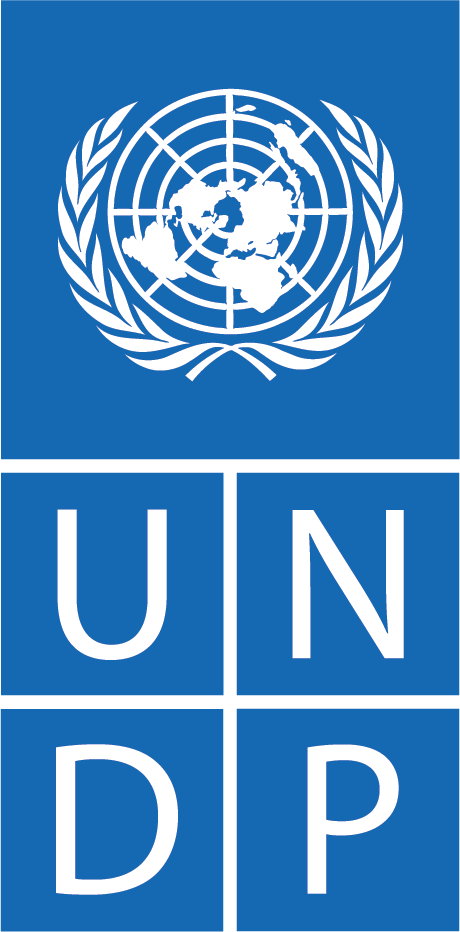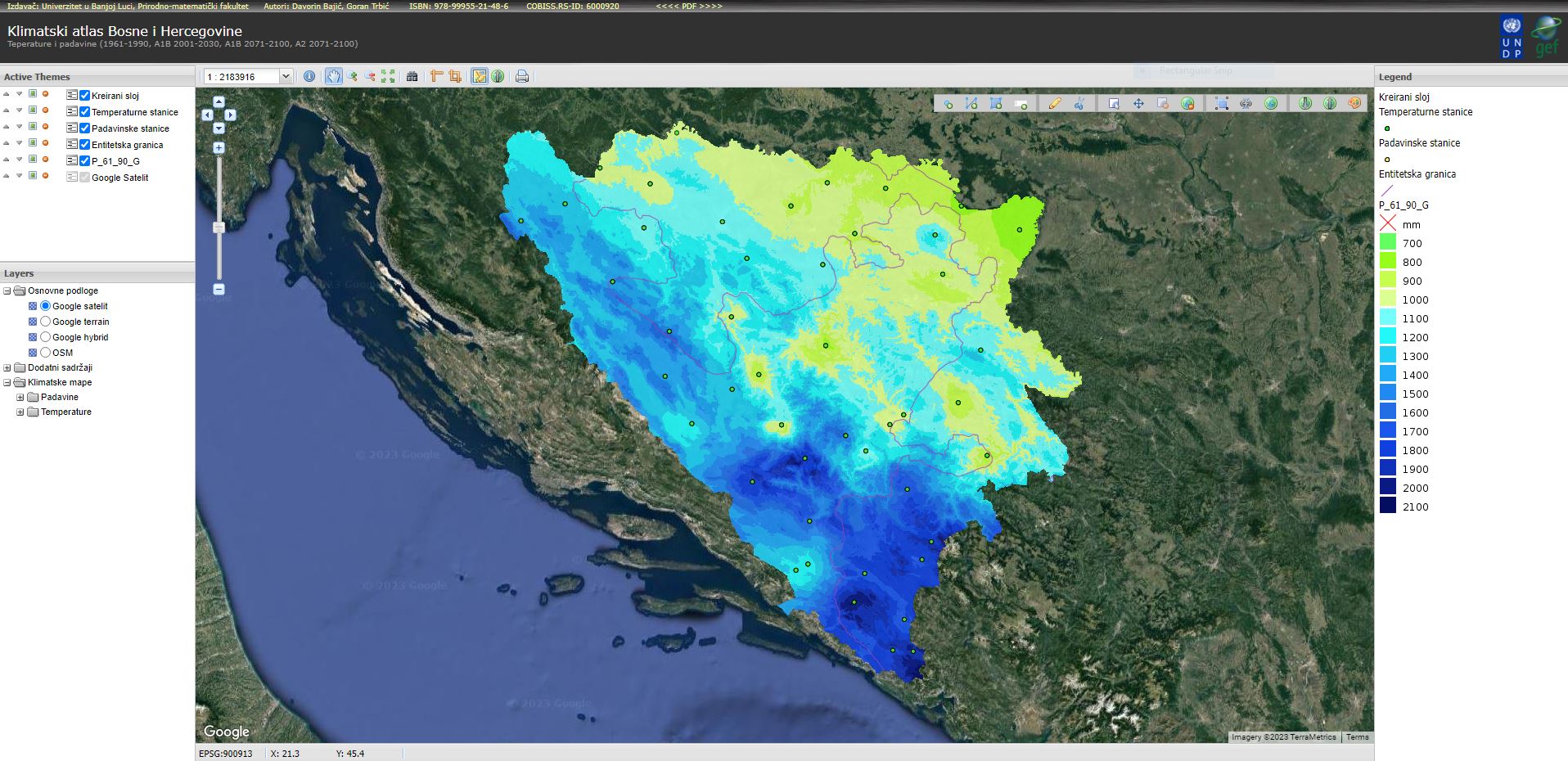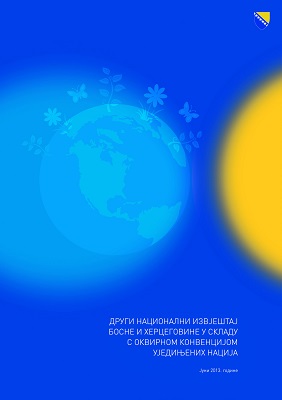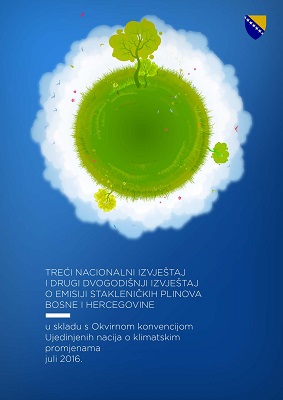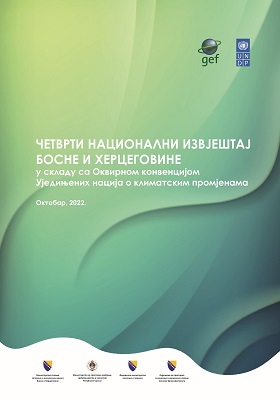Institutional framework
Bosnia and Herzegovina is a sovereign state with a decentralized political and administrative structure. It comprises two entities: the Federation of Bosnia and Herzegovina (FBiH) and the Republic of Srpska (RS), and Brčko District.
Decision making involves the Council of Ministers, the two Entities (the Federation of Bosnia and Herzegovina and the Republic of Srpska) and Brčko District. The Federation of Bosnia and Herzegovina is in turn sub-divided into 10 Cantons. In the environmental sector in BiH, the Ministry of Foreign Trade and Economic Relations of Bosnia and Herzegovina (MOFTER) is responsible for coordinating activities and for international relations, but environmental issues in BiH are the responsibility of the entity governments. The corresponding authorities are the Ministry of Environment and Tourism of Federation of BiH (FBiH), the Ministry of Spatial Planning, Civil Engineer¬ing and Ecology of Republic of Srpska (RS) (the seat of the UNFCCC Focal Point), and the Department for Communal Works in Brčko District (BD). The Council of Ministers of Bosnia and Herzegovina is a party to a number of international environ¬mental agreements and conventions, and it is fully committed to meet¬ing the requirements stipulated in these agreements
The most impor¬tant international agreements ratified in the area of environment protection include the following:
- United Nations Framework Convention on Climate Change (UNFCCC)
- United Nations Convention on Biological Diversity
- United Nations Convention to Combat Desertification
- Vienna Convention for the Protection of the Ozone Layer
- Convention on Long-range Trans-boundary Air Pollution
The work of both entity ministries and the BD department is governed by the following set of environmental laws:
• Law on Environment Protection,
• Law on Air Protection,
• Law on Nature Protection,
• Law on Waste,
• Law on Waters, and
• Law on Environment Funds.

